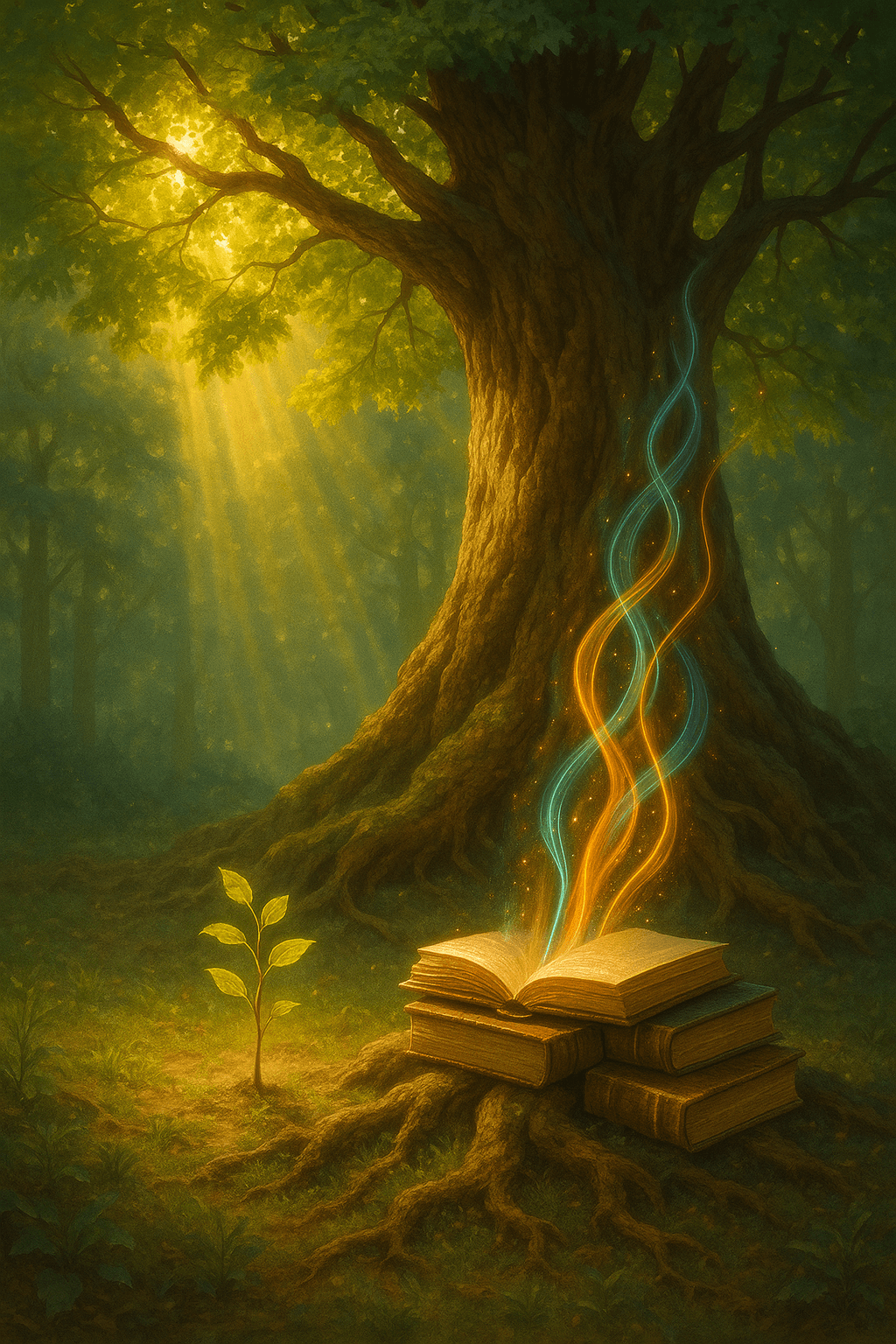Cultivating Wisdom Beyond the Boundaries of Age

Wisdom comes not from age, but from education and learning. — Anton Chekhov
—What lingers after this line?
One-minute reflection
Why might this line matter today, not tomorrow?
Challenging the Myth of Age-Driven Wisdom
Anton Chekhov’s assertion directly confronts the age-old assumption that wisdom is an automatic byproduct of growing old. Throughout history, societies have revered elders, presuming that advancing years ensure the accumulation of insight and sound judgment. Yet, Chekhov invites us to look beyond this stereotype, suggesting that age alone is insufficient without purposeful engagement with knowledge.
The Central Role of Education in Wisdom
Transitioning from tradition to process, Chekhov highlights education as the true engine of wisdom. Formal learning, self-study, and critical thinking all serve as vehicles through which individuals expand their understanding of the world. This echoes the Enlightenment’s ideals, championed by thinkers like John Locke, who argued in ‘Some Thoughts Concerning Education’ (1693) that continuous learning sharpens both intellect and character, regardless of one’s years.
Lifelong Learning as a Pathway
Building on this, the concept of lifelong learning further challenges passive notions of growing wise. Contemporary research, such as Peter Senge’s work in ‘The Fifth Discipline’ (1990), demonstrates that organizations and individuals thrive when they perpetually adapt and acquire new skills. Chekhov’s observation resonates here: wisdom is an ongoing pursuit, fostered by curiosity and adaptability rather than chronological milestones.
Historical Examples of Youthful Wisdom
Additionally, history offers compelling examples of young individuals whose wisdom exceeded their years. For instance, Blaise Pascal published groundbreaking philosophical essays before age 20, and Malala Yousafzai’s advocacy for education began in her teens. Their stories illustrate Chekhov’s point: meaningful learning and reflective experience contribute more to wise action than mere aging.
Rethinking Wisdom in the Modern Age
In conclusion, Chekhov’s statement urges modern society to reevaluate its criteria for wisdom. As the information era accelerates access to learning resources, individuals can cultivate discernment and understanding at any stage of life. Ultimately, it is a commitment to education—formal or informal—that transforms experience into actionable wisdom, making age just one of many factors along the journey.